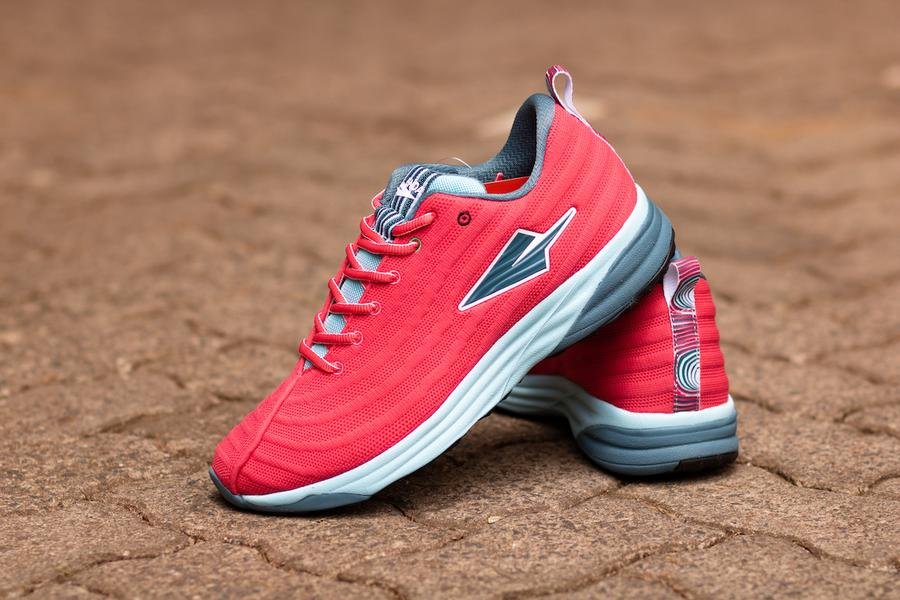startupafrica.news had an amazing interview with Navalayo Osembo-Ombati, founder of the Keyan shoe line designed to be straightforward, no-gimmicks, with classic yet contemporary looks.
 or those who don’t know you, tell us in a few words: who is Navalayo Osembo-Ombati, and what is Enda?
or those who don’t know you, tell us in a few words: who is Navalayo Osembo-Ombati, and what is Enda?
I am the co-founder and CEO of Enda, a made in Kenya running shoe brand that is the first of its kind in Kenya and Africa. Other than being an entrepreneur, I am also the mother of two amazing kids and I enjoy nature, books, travel, and adventure.
Q: How did you get to know about Jack Ma Foundation’s Africa’s Business Heroes (ABH) prize competition, and what did you do differently to be selected among the Top 10 oustanding African entrepreneurs this year?
I knew about ABH from the news and also from friends who had attended Jack Ma’s talks when he came to Nairobi a couple of years ago. This was my second time to apply for the competition, after not being successful the initial time. This time around, we put more time and purpose into the application process and I am glad that the effort paid off.
Q: What lessons have you learned from the ABH program?
That giving up is never an option and that the caliber of African entrepreneurs is really high. We sometimes don’t get to know what’s happening in different parts of the continent and ABH has bridged that gap in its own way by highlighting entrepreneurs from different parts of Africa. It makes me happy to know that different people everywhere are putting effort towards making Africa better, because after all, Africa is home.
Q: How do you plan to use the experience and lessons from the program, to impact local business in Kenya?
I hope to write the lessons in full detail and share them on my blog so that anyone anywhere can access them, learn from them, and share their thoughts and ideas on the same.
 Q: The ABH initiative is ongoing for another 7 years, who is eligible to apply and what tips can other startups take note of to enable them to participate next year and in the other upcoming editions?
Q: The ABH initiative is ongoing for another 7 years, who is eligible to apply and what tips can other startups take note of to enable them to participate next year and in the other upcoming editions?
First, I think it’s great that there are still 7 more great years of ABH! This means 7 more years of more entrepreneurs battling out for the prize as well as 7 years of showcasing more businesses across Africa. The main tips I would give are: go through the website https://africabusinessheroes.org/en/ to understand eligibility requirements, deadlines, and other important requirements. You can also get a better understanding of previous’ years finalists on the website, to help you gauge what makes them and their businesses unique; second, set aside adequate time to make the application and if possible, have someone else review it for you to see if you have missed anything. Don’t leave anything for the last minute! Lastly, have your business in order (this is for your general benefit as well). This means that your financials, tax returns, and business processes. It will be so much easier and better to proceed in the competition if this is done.
Q: How do you plan to use your share of the money you will be getting in November this year from the ABH?
Expanding local production has always been an objective of us at Enda. That’s one of the areas we will invest in, as well as getting more qualified talent that will help us scale the business.
Q: What problem is your business solving in Africa, in Kenya, or your community?
Kenya produces the world’s best runners but does not gain economically from the performance footwear industry, which is estimated to be $4 billion. This is against a backdrop of poverty and a high unemployment rate. Enda hopes to close this gap by making running shoes in Kenya, creating employment, and expanding local supply chains. This will mean, ultimately, that Kenya taps more into its reputation of being the home of running, but in a way that creates opportunity and development for her people. We’ve started with Kenya but intend to expand to Africa.
Q: Do you think this is the right time for your startup to solve the problem?
No. I actually think we are late in solving this problem. There is, therefore, an urgency to make our shoes in Kenya and inspire other African countries that are rich in one resource or the other, to exploit their respective industry in a way that brings more value to local communities.
Q: Does your solution fit in the market? (Do people want it)?
Yes! When we first started, we were positive that the runners around the world yearned for a connection to Kenyan running. We tapped into that and discovered that people want to run healthier and better, as well as be part of a global running community. In addition to that, consumers around the world are now turning to ethical consumerism, meaning that it’s not just whether a product is good or bad, but also who made it and why it was made. As a certified B Corp and a Climate Neutral brand, our ethics as a company match those of our consumers and we couldn’t be happier about that.
Q: Tell us more about your team, why are you the best to solve this problem?
I have a wonderful team comprising of employees, an Executive Board, an Advisory Board, independent sub-contractors, and contract manufacturers. Together, everyone contributes to the design, development, sourcing, manufacturing, logistics, marketing, and general business operations. Everyone understands their role as a cog in the system and does their best at keeping their area of work moving. I am grateful for them.
I can’t say that we are the best people for solving this problem, but as long as it exists, we will continue trying to solve it.
 Q: How innovative is your startup? (technological/social innovation).
Q: How innovative is your startup? (technological/social innovation).
We are innovative in various ways. First, each product we launch acts as a vehicle for education and storytelling. We use design cues to share history and culture. For example, our debut trainer, called the Iten (after the famous town in Kenya’s Rift Valley that has produced some of the world’s best runners) paid ode to the history of Kenya’s running culture. Our daily trainer, called the Lapatet (which means ‘run’ in Kalenjin, a local dialect spoken by many athletes), focused on the geography of Kenya.
Another innovation regarding our shoes is that they are designed to reward a mid-foot strike.
Lastly, we are innovative because our business model incorporates community investment as a core part of the business. 2% of our revenues, not profits, are committed to community projects. This is something that I think is important, especially when you consider Africa’s history of resource extraction. I am hoping more businesses will in future adopt a similar approach.
Q: What is the social impact of your startup and what makes you different in the market?
We create jobs directly, through our company, and indirectly through contract manufacturing and expansion of local supply chains. We also sponsor athletes, giving them a chance to improve their skills. A portion of our revenue has supported three community projects so far and I can’t wait to see how many more projects we can support in the future!
We are different in the market because we have chosen to start manufacturing in Kenya (and hopefully expand to Africa). Our distinct product designs that are rooted in storytelling also make us unique compared to major running brands that offer largely similar product lines.
Q: How are you scaling up the startup and how do you measure your success?
We are scaling through increased production, better innovation for our products, and introducing other product offerings such as apparel, to complement our main product of making running shoes in Kenya.
Q: What advice do you have for budding entrepreneurs and new startups in Kenya?
Dare to think big for your business. Don’t just be content with a small setup but think of what is needed for you to grow in your village, town, county, other geographical areas, East Africa, and the world. Thinking this way will broaden your mind and force you to seek people and resources that will help you get there.
Contact details: (in case readers need to contact you)
Website: www.endasportswear.com
Instagram: https://www.instagram.com/endasportswear/?hl=en































